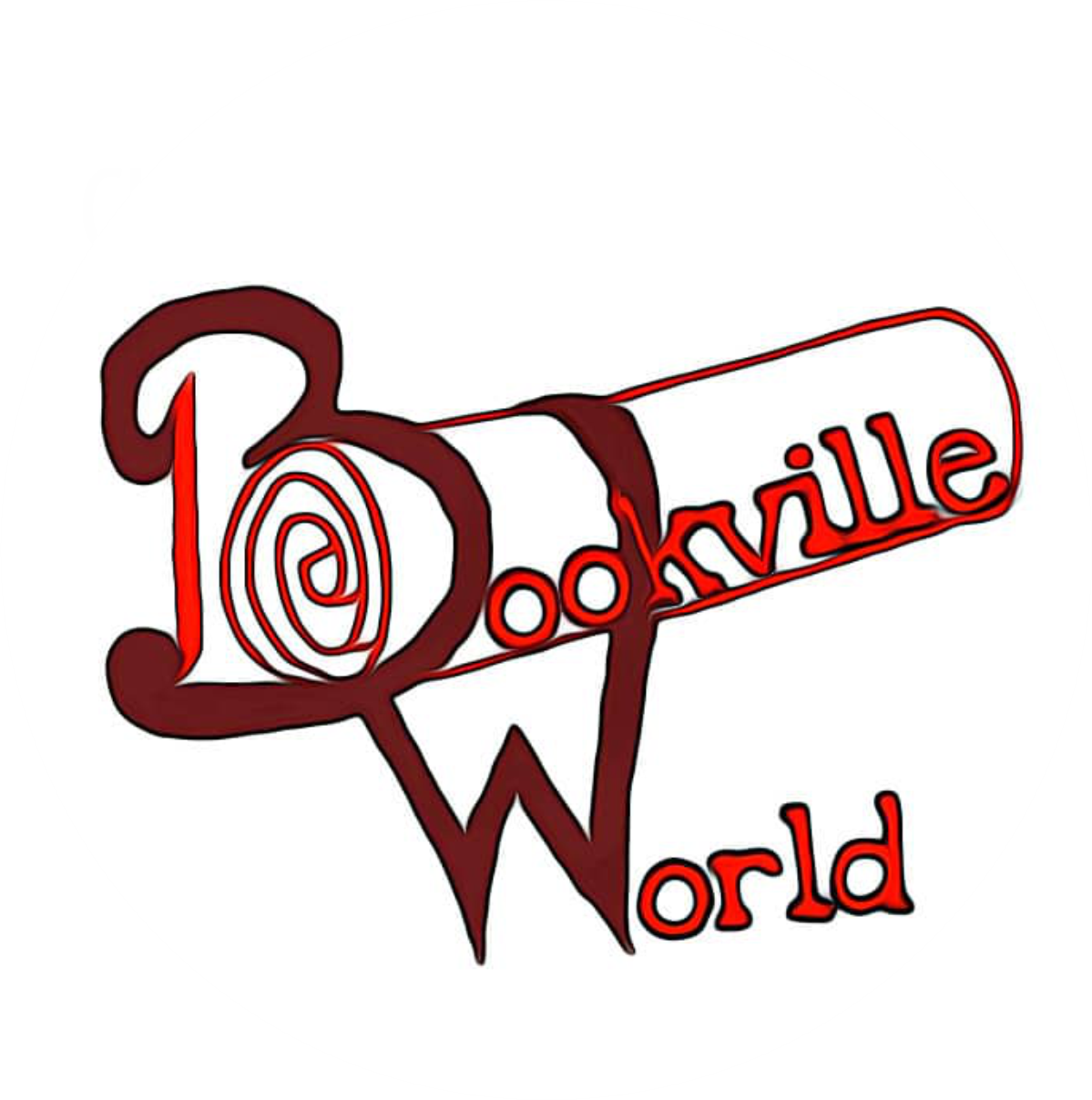
It does not matter which ever name it goes by these days eBook, iBook, mBook or Book in its physical form as we know it a book is a book. But more fundamentally, it is in books all that is needed to be said, known or imagined are recorded for immediate use or stored to be passed on later to others.
And books have been written about every and any conceivable subject of interest to man. A short list will include: nature of the universe, restless earth, living planet, human organism, world today, politics and economics, technology, and industry, history of the world, religion and philosophy, visual arts, music and dance, language and literature, lands and countries of the world etc.
Broadly and specifically, many books have been published aimed at reaching certain audiences. Thus there are books meant for all age groups children, teenagers, adults, elderly; as well as those catering to particular interests such as lovers of all sorts of things animals, plants, cars, boats, houses ; and even books have been made about books.
Mankind’s endeavors have not been left out so books on housekeeping, various trades and occupations, hobbies and leisure are legion.
Even where there seems to be no subject matter to ponder upon, alternative worlds have been created in books in the form of ‘fiction’ to engage the human mind; while others have fully attempted to interact with the thought process through motivational and inspirational books.
No one is left out. For those who must read books in their mother tongue there are apart from those written in their original languages, several have been translated for them. Although there are more English speakers than any other language in the world, hundreds of thousands of books in French, Spanish, Portuguese, German, Italian and Arabic continue to be published annually.
In Africa, noted for its oral tradition but thanks to colonial history, writers who spoke African literature in the language of their colonizers are very visible, with some of them attaining global acclaim. And several generations following them have come to learn about their culture and traditions through the books of these home grown authors. Many have also told their stories in African indigenous languages Kiswahili, Lingala, Somali, Fulani, Hausa, Zulu, Akan, Xhosa, Yoruba, Ewe, Igbo etc. in Nigeria with over 300 ethnic languages over half of them have written forms made into books for those who can read them.
No one can really tell why the book is such an ubiquitous item. But the place of books in human life is certain. It does not matter how many times it is transformed.
